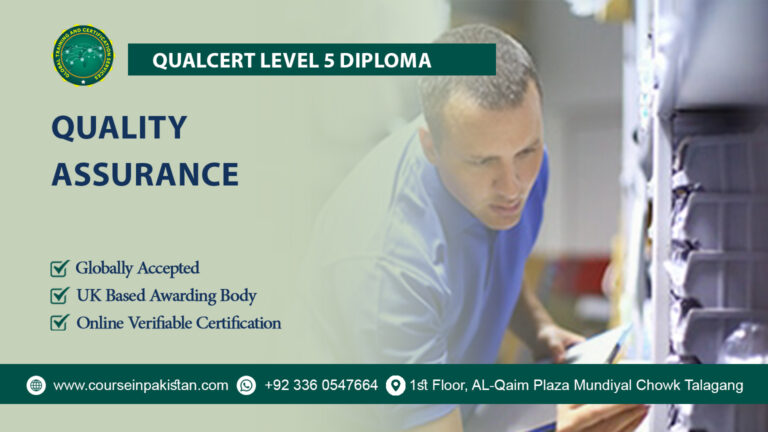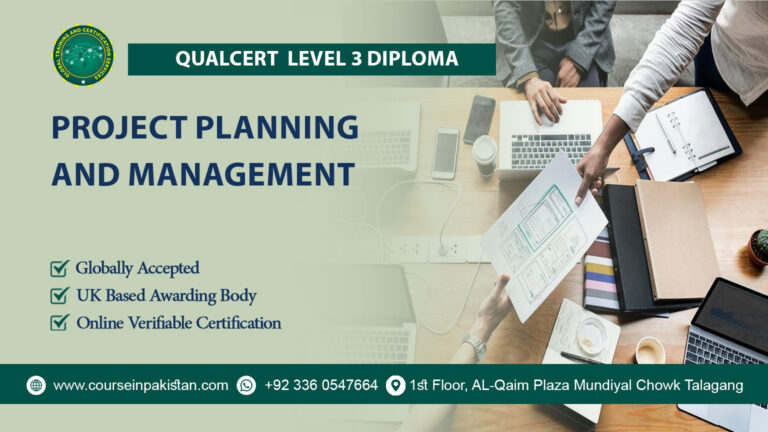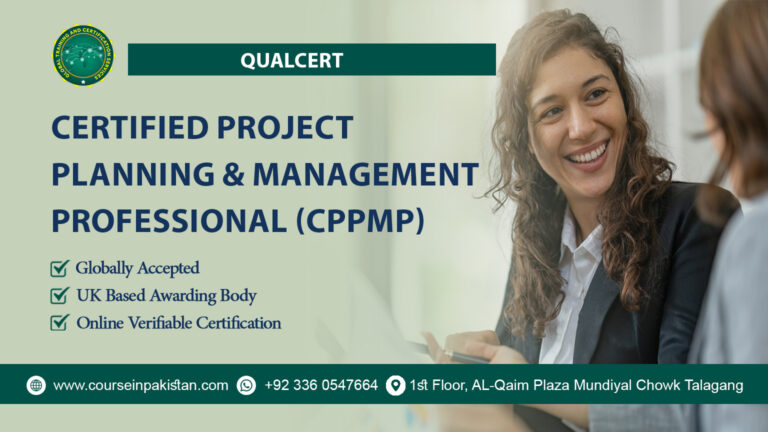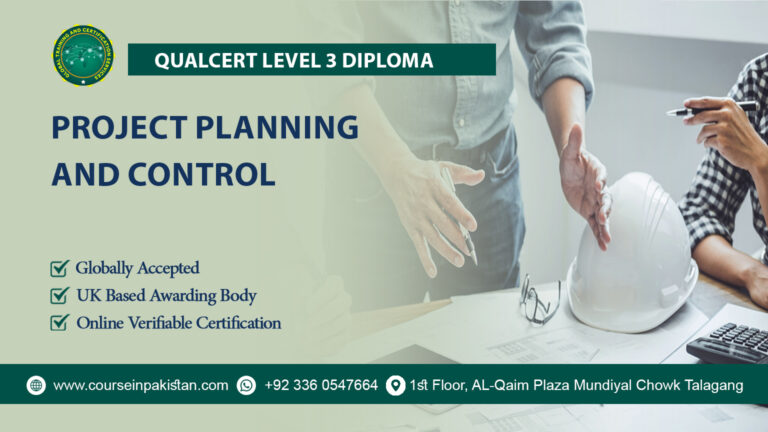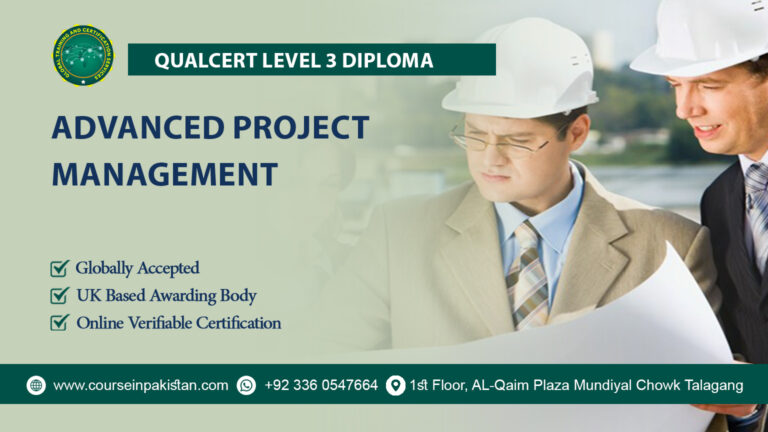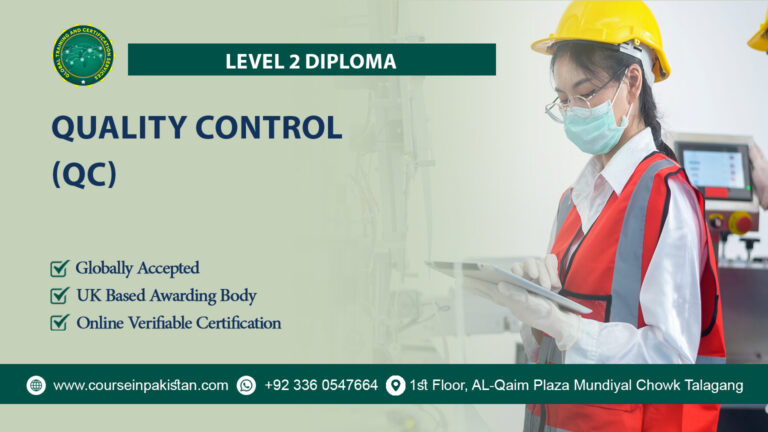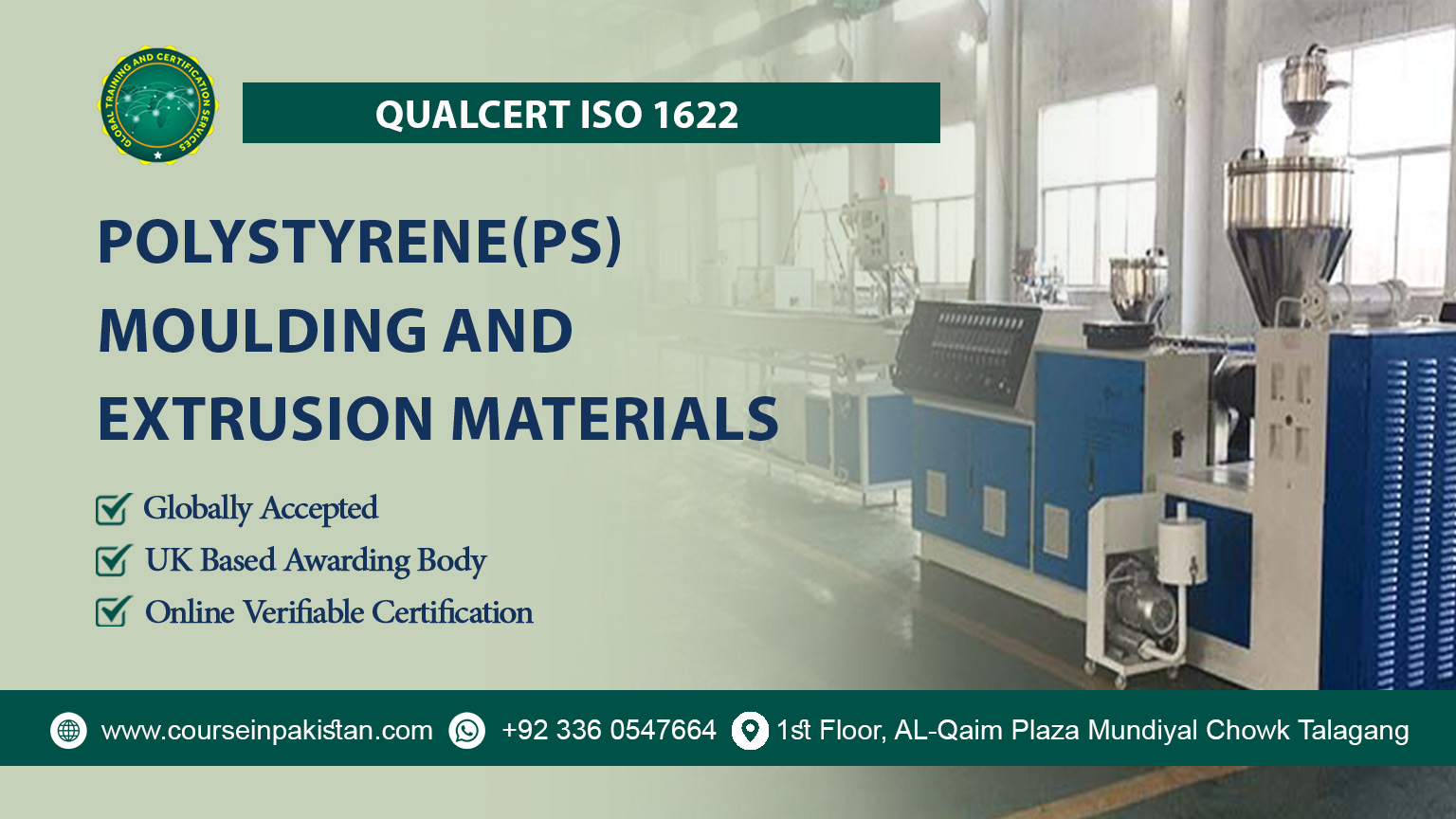
ISO 1622 Plastics — Polystyrene (PS) Moulding and Extrusion Materials
The QualCert ISO 1622: Plastics — Polystyrene (PS) Moulding and Extrusion Materials course is designed to offer a comprehensive understanding of the properties, processing methods, and applications of polystyrene in the manufacturing industry. This qualification is aligned with the ISO 1622 standard, which focuses on the technical aspects of PS materials used in moulding and extrusion processes.
The course provides students with an in-depth understanding of how polystyrene is used in various industries, covering both theoretical knowledge and practical skills. Through this program, participants will gain the technical expertise required to work with PS materials, making it an ideal choice for professionals looking to specialize in plastic manufacturing, extrusion, or moulding.
Course Overview
This course covers the fundamentals of polystyrene materials, focusing on the properties that make them suitable for moulding and extrusion. It includes in-depth lessons on the manufacturing processes, handling, safety protocols, and application techniques for PS materials. Additionally, students will learn about the various grades of PS and their specific applications in industries such as packaging, consumer goods, and electronics.
The course is designed to provide both practical and theoretical learning, ensuring that students not only understand the properties and types of PS materials but also gain hands-on experience in processing and working with these materials. Participants will explore various techniques, including injection moulding, extrusion, and thermoforming, while understanding how to optimize these processes for efficiency and quality.
Course Benefits
- Industry-Relevant Skills: The course covers key aspects of polystyrene materials, ensuring students are equipped with practical skills directly applicable to the plastics manufacturing industry.
- ISO Standard Alignment: This qualification is aligned with ISO 1622, providing a globally recognized certification that demonstrates your expertise in PS moulding and extrusion materials.
- Versatile Career Pathways: With a deep understanding of PS processing techniques, graduates will be well-positioned to pursue roles in various sectors such as packaging, manufacturing, automotive, and consumer electronics.
- Hands-On Experience: The course includes practical learning opportunities, ensuring that students develop real-world skills in working with PS materials.
- Up-to-Date Knowledge: Learn about the latest advancements in PS manufacturing and extrusion processes, keeping you competitive in a rapidly evolving industry.
- Health and Safety Awareness: The program emphasizes the importance of safety when working with plastics, ensuring that students are aware of potential hazards and how to manage them in industrial environments.
Course Learning Outcomes
Introduction to Polystyrene
- Gain an understanding of the historical development of polystyrene, its key properties, and its wide-ranging applications in various industries.
- Distinguish between different types of polystyrene, including General-purpose Polystyrene (GPPS), High-impact Polystyrene (HIPS), and Expanded Polystyrene (EPS).
- Evaluate the key characteristics and advantages of polystyrene in moulding and extrusion processes.
Material Composition and Requirements
- Identify the composition requirements for polystyrene materials as specified by ISO 1622 and understand the importance of adhering to these standards.
- Explore the role of additives and processing aids in the formulation of polystyrene and how they influence material properties.
- Apply criteria to assess material purity and quality to ensure compliance with industry standards and specifications.
Physical and Mechanical Properties
- Demonstrate proficiency in testing methods for determining physical properties such as density, melt flow rate, and moisture content of polystyrene materials.
- Conduct mechanical tests to assess properties like tensile strength, flexural strength, and impact resistance, and understand their implications for material performance.
- Establish the connection between material properties and their impact on the performance of polystyrene in moulding and extrusion applications.
Thermal and Dimensional Stability
- Analyze the thermal properties of polystyrene, including melting temperature, heat resistance, and coefficient of thermal expansion, to understand its behavior under varying temperature conditions.
- Evaluate the dimensional stability of polystyrene during moulding and extrusion processes and its effect on final product quality.
- Interpret the influence of temperature on material behavior and processing characteristics to optimize manufacturing processes.
Environmental Resistance and Sustainability
- Identify environmental factors such as moisture, chemicals, and weathering that affect the performance and durability of polystyrene materials.
- Apply ISO 1622 methods to assess environmental resistance and ensure the longevity of polystyrene products.
- Explore sustainable practices in polystyrene production and recycling to reduce environmental impact and promote circular economy principles.
Testing Methodologies
- Master standardized testing methods for characterizing polystyrene materials as outlined in ISO 1622, including laboratory techniques for measuring physical, mechanical, and thermal properties.
- Interpret test results accurately and analyze their implications for material performance, quality assurance, and process optimization.
- Apply testing methodologies to refine material formulations and improve manufacturing processes.
Applications and Case Studies
- Identify key industrial applications of polystyrene in sectors such as packaging, construction, automotive, and electronics.
- Analyze case studies that highlight successful implementations of polystyrene materials and their compliance with ISO 1622 standards.
- Forecast emerging trends and innovations in polystyrene technology, staying informed about advancements and driving continuous improvement in the field.
Study Units
- Introduction to Polystyrene
- Material Composition and Requirements
- Physical and Mechanical Properties
- Thermal and Dimensional Stability
- Environmental Resistance and Sustainability
- Testing Methodologies
- Applications and Case Studies
Who Is This Course For?
This course is tailored to a wide range of professionals and individuals who are involved or have an interest in polystyrene materials, particularly in the context of moulding and extrusion processes. The following groups will benefit greatly from participating in this course:
Materials Engineers and Technicians
Professionals working in materials engineering or manufacturing, especially those involved in polymer processing, will find this course invaluable. It provides crucial knowledge and skills to understand the properties, composition, and processing requirements of polystyrene materials.
Product Designers and Developers
Individuals involved in product design and development, particularly in industries such as packaging, construction, automotive, and electronics, will gain valuable insights from this course. It helps them understand the characteristics of polystyrene materials, aiding in informed decision-making for product design and material selection.
Quality Assurance and Compliance Professionals
Professionals responsible for ensuring compliance with industry standards and regulations, especially in manufacturing environments, will find this course essential. It covers material composition, testing methodologies, and quality control, equipping them with the knowledge necessary to maintain product quality and meet regulatory requirements.
Manufacturing and Production Managers
Those overseeing manufacturing processes that involve polystyrene materials will gain valuable knowledge from this course. It offers insights into material properties, processing requirements, and quality assurance practices, enabling managers to optimize manufacturing operations for efficiency and quality.
Researchers and Academics
Researchers and academics in fields like polymer science, materials engineering, or manufacturing will benefit from this course’s comprehensive coverage of polystyrene materials. It provides a strong foundation for further research and exploration in areas such as material characterization, processing optimization, and sustainability.
Students Pursuing Degrees in Engineering or Materials Science
Undergraduate or graduate students studying engineering or materials science will find this course highly beneficial. It offers foundational knowledge in polystyrene materials and their applications, complementing academic studies and preparing students for future careers in the field.
Industry Professionals Seeking Continuing Education
Industry professionals looking to expand their knowledge of polystyrene materials and manufacturing processes will find this course valuable for career development. It offers practical insights and real-world applications that can enhance job performance and open up new opportunities within the field.
Future Progression
After completing the QualCert ISO 1622: Plastics — Polystyrene (PS) Moulding and Extrusion Materials course, students can progress in several ways:
- Advanced Courses in Plastics Manufacturing: Students can pursue further education in advanced plastics manufacturing techniques or explore specializations such as plastics injection moulding or extrusion technology.
- Career Advancement in the Plastics Industry: With this qualification, students can move into more senior roles within the plastics manufacturing sector, including process engineering, quality control, or production management.
- Industry Certifications: The ISO 1622 certification can lead to additional certifications in other areas of plastics processing, helping individuals enhance their credentials and career opportunities.
- Entrepreneurship in Plastics Manufacturing: Those interested in starting their own business in the plastics industry can use the knowledge gained in this course to establish and manage their operations effectively.
The QualCert ISO 1622: Plastics — Polystyrene (PS) Moulding and Extrusion Materials course is an essential qualification for anyone looking to build a career or specialize in the plastics manufacturing industry. With a combination of theoretical knowledge and practical expertise in PS moulding and extrusion, this course provides the foundation needed to succeed in a wide range of industries. Whether you’re working in packaging, consumer goods, or automotive, this qualification will help you master the techniques and processes critical to the efficient use of polystyrene.

